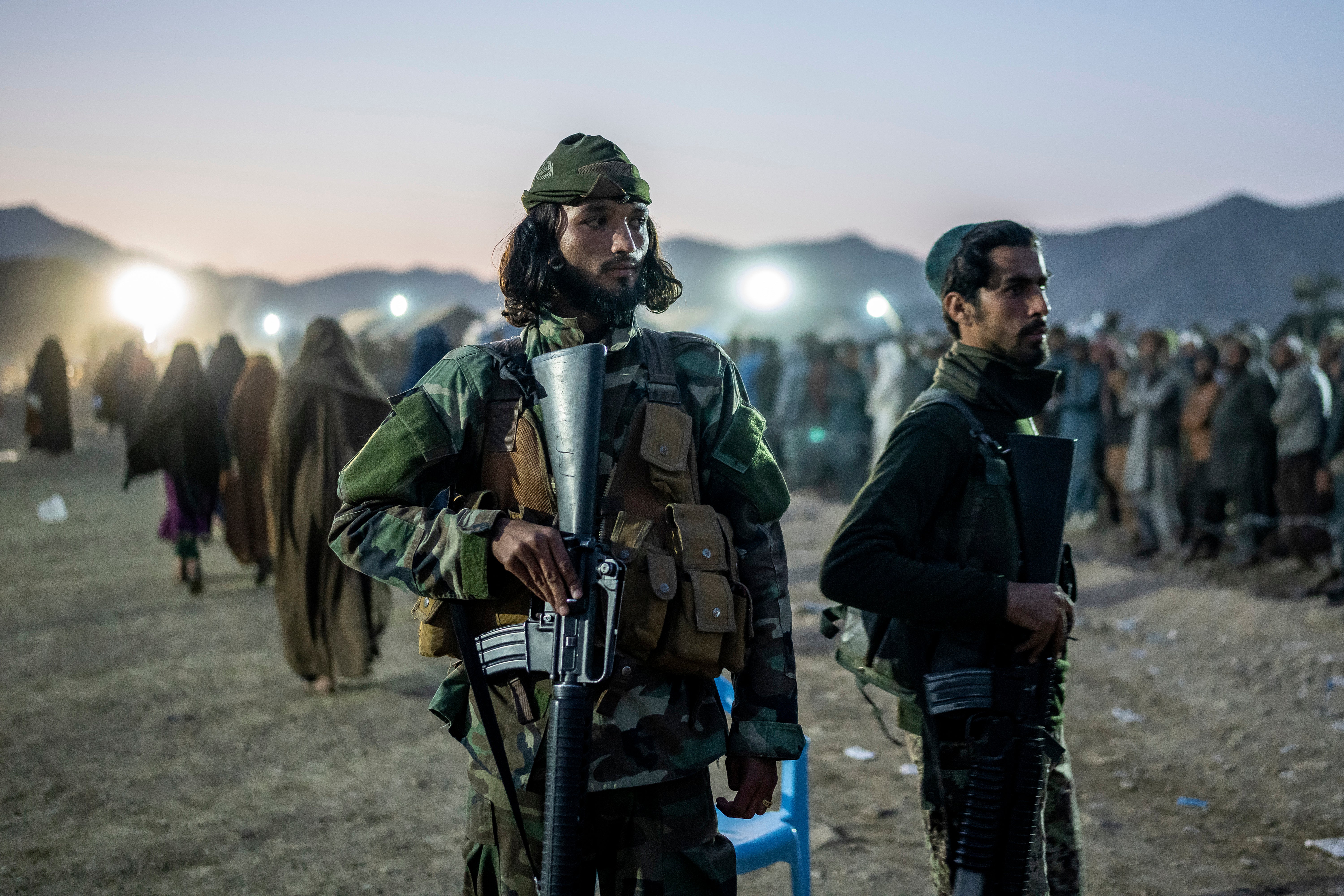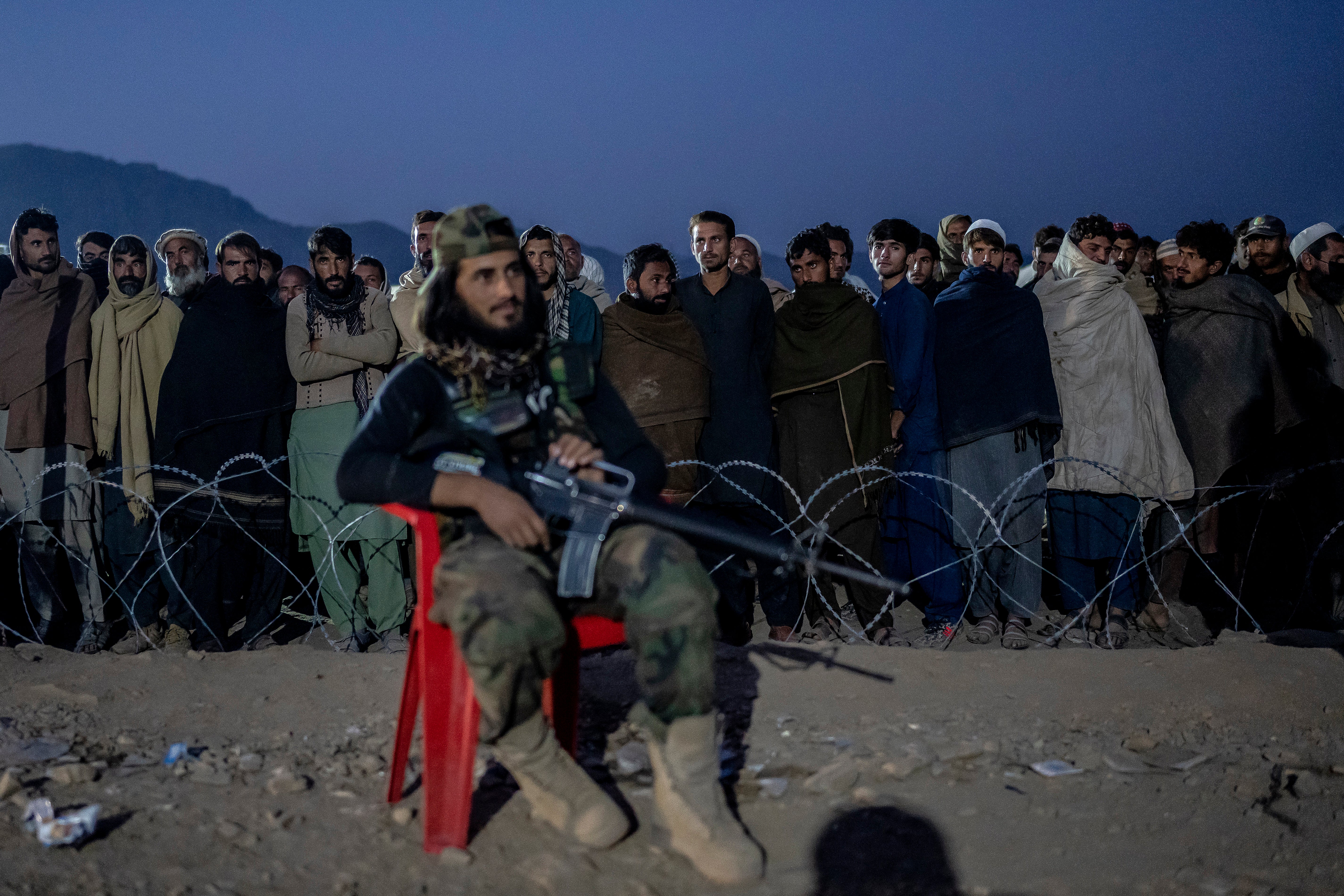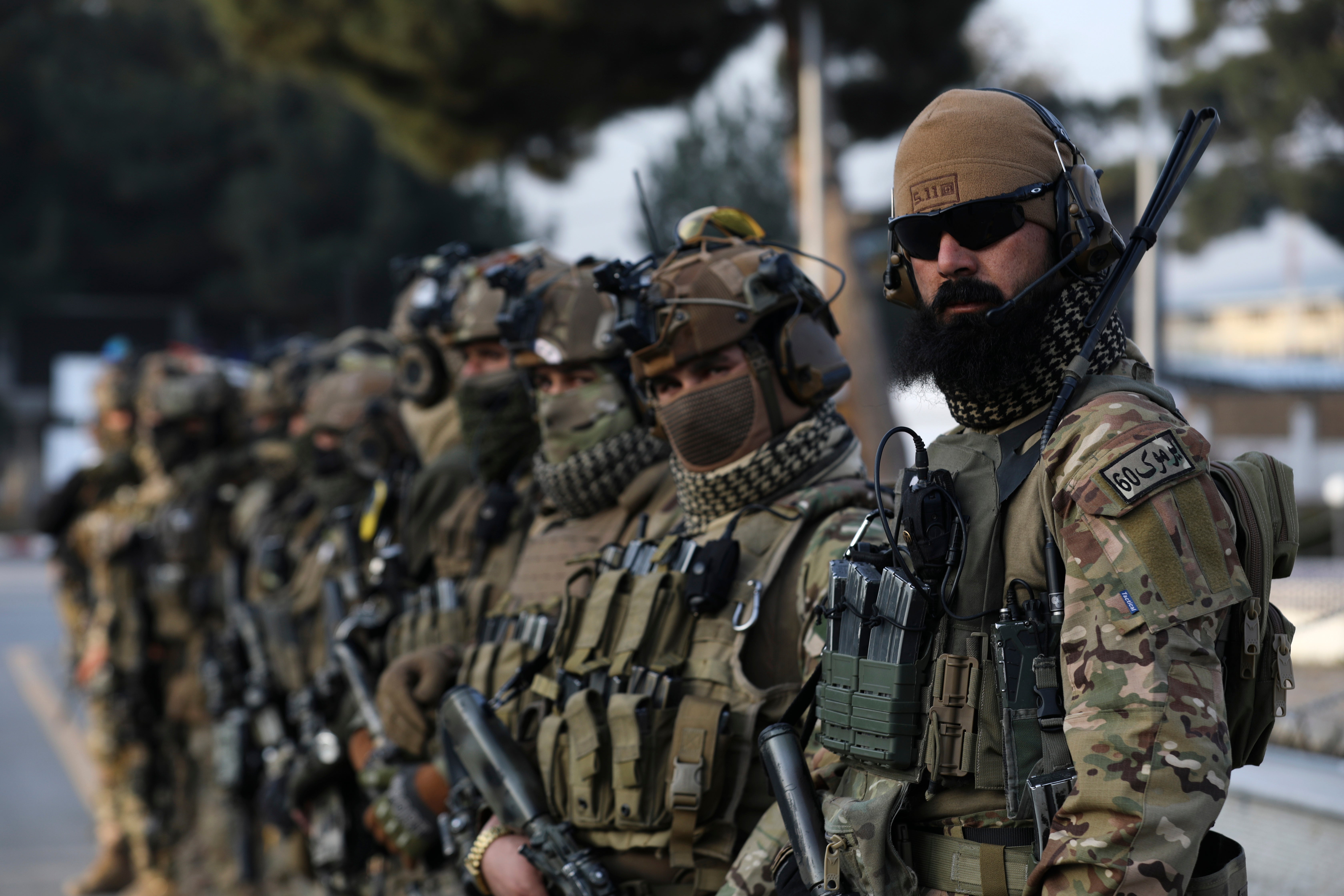Pakistan airstrikes target suspected Taliban hideouts in Afghanistan as tensions grow
The airstrikes were the first since 2022, when Pakistan targeted militant hideouts in Afghanistan

Your support helps us to tell the story
From reproductive rights to climate change to Big Tech, The Independent is on the ground when the story is developing. Whether it's investigating the financials of Elon Musk's pro-Trump PAC or producing our latest documentary, 'The A Word', which shines a light on the American women fighting for reproductive rights, we know how important it is to parse out the facts from the messaging.
At such a critical moment in US history, we need reporters on the ground. Your donation allows us to keep sending journalists to speak to both sides of the story.
The Independent is trusted by Americans across the entire political spectrum. And unlike many other quality news outlets, we choose not to lock Americans out of our reporting and analysis with paywalls. We believe quality journalism should be available to everyone, paid for by those who can afford it.
Your support makes all the difference.Airstrikes have targeted multiple suspected hideouts of the Pakistani Taliban inside neighbouring Afghanistan, killing at least eight people and drawing return fire from the Afghan Taliban, officials said.
The latest escalation on Monday is likely to further increase tensions between Islamabad and Kabul.
The Pakistani strikes came two days after insurgents killed seven soldiers in a suicide bombing and coordinated attack in north-western Pakistan.
The Afghan Taliban denounced the strikes as an aggression on Afghanistan’s territorial integrity, saying they killed several women and children.
The defence ministry in Kabul said Afghan forces later on Monday “targeted Pakistan’s military centres along the border with heavy weapons” without providing details.
The Pakistani strikes were carried out in Khost and Paktika provinces bordering Pakistan, according to a Pakistani security official and an intelligence official.
The officials provided no further details and spoke on condition of anonymity because they were not authorised to speak to reporters.
Pakistan’s military did not immediately comment and it was not clear how deep inside Afghanistan the Pakistani jets flew.

The airstrikes were the first since 2022, when Pakistan targeted militant hideouts in Afghanistan although Islamabad never officially confirmed those strikes.
Separately, in January, Pakistani strikes - in a tit-for-tat exchanges with Tehran - hit Pakistani militants inside Iran, briefly raising tensions but the two neighbours.
The situation calmed after Tehran and Islamabad agreed to co-operate against each other’s militants.
Chief Afghan Taliban spokesperson Zabihullah Mujahid said in a statement that Monday’s airstrikes killed three women and three children in the district of Barmal in Paktika province while two other women were killed in a strike in Khost province.
“Such attacks are a violation of Afghanistan’s sovereignty and there will be bad consequences,” he said.
Two Pakistani officials said mortars fired by the Afghan Taliban wounded four people and that some villagers in the north-western Kurram district were moving to safer areas on Monday.
Pakistani troops fired back, the officials said.
On Saturday, seven Pakistani soldiers were killed when suicide bomber rammed his explosive-laden truck into a military post in the town of Mir Ali, a town in Khyber Pakhtunkhwa province that borders Afghanistan.
Troops responded and killed all six attackers in a shootout, the military said.
The Afghan Taliban seized power in Afghanistan in 2021 as US and Nato troops were in the final stages of their pull out after 20 years of war.
The Taliban takeover in Afghanistan emboldened the TTP, whose top leaders and fighters are hiding in Afghanistan.

The Afghan Taliban insist they do not allow the Pakistani Taliban - or any other militant group - to use Afghanistan’s soil to launch attacks.
However, the TTP has stepped up attacks inside Pakistan in recent years, straining relations between Kabul and Islamabad.
Adding to the tensions between the two countries was a move by Islamabad last year to expel Afghans living in Pakistan without valid documents.
Pakistan has long hosted about 1.7 million Afghans, most of whom fled during the 1979-1989 Soviet occupation of their country.
More than half a million fled Afghanistan when the Taliban seized power.
So far, Pakistan has expelled nearly half a million Afghans in the ongoing crackdown.
Islamabad says Afghans who have refugee status have not been deported.
The deportations have also drawn criticism from the international community and analysts have warned that mass deportations risk radicalising those who have been forced out of Pakistan, often returning to deplorable conditions back in Afghanistan.
Join our commenting forum
Join thought-provoking conversations, follow other Independent readers and see their replies
Comments